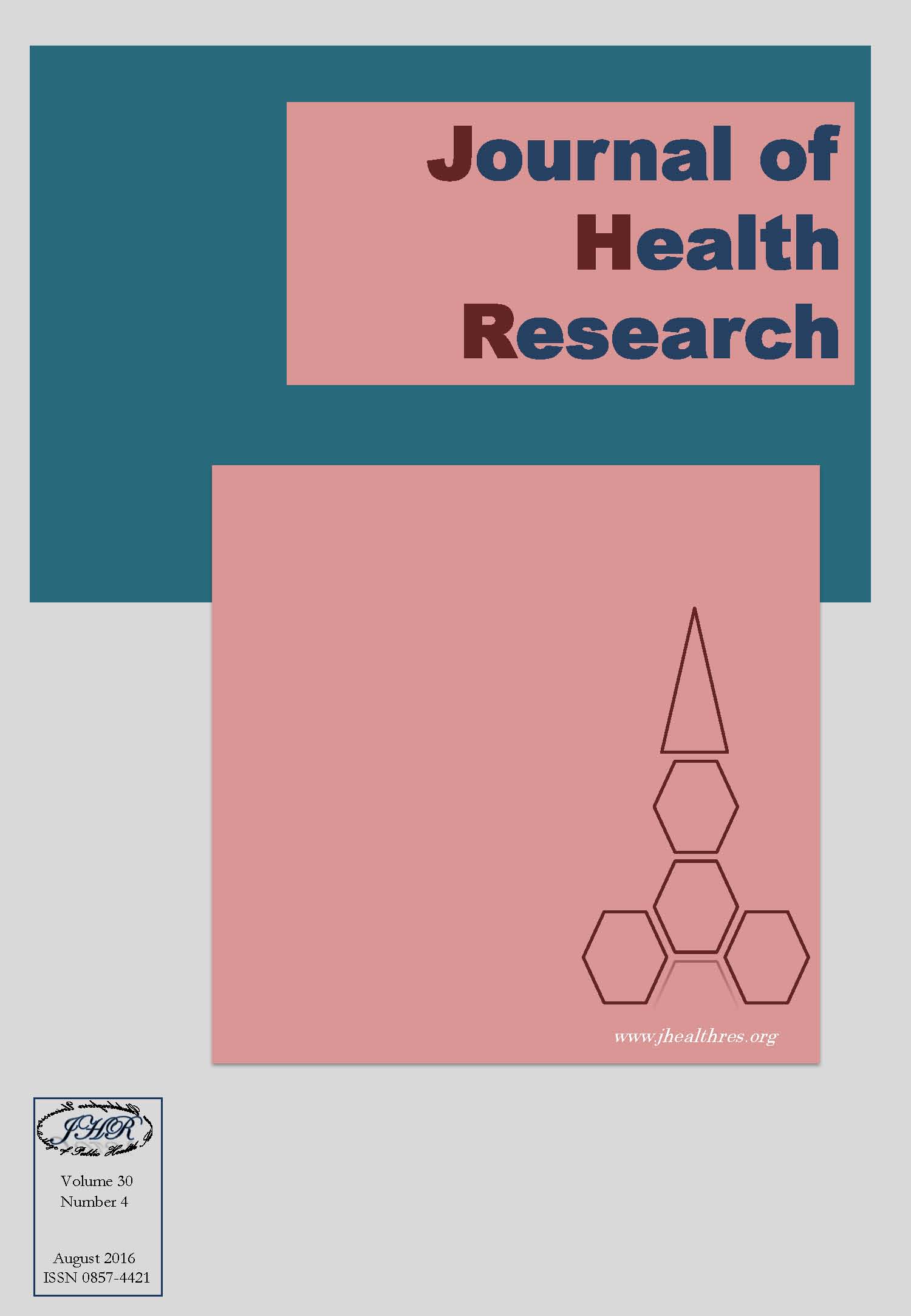Reaching out with a helping hand: a case study of a private corporate social responsibility (CSR) initiative for providing equitable health care for Myanmar migrants in Kuala Lumpur, Malaysia
Keywords:
Migrant health, Health equity, Refugee health, Myanmar, Health accessAbstract
Background: Following the turmoil in Myanmar decades ago, a large number of its citizens fled to neighbouring countries including Thailand, Malaysia and Singapore. In Malaysia, these ‘illegal’ migrants work in low-paying, often high-risk informal jobs and live in segregated, ‘squatter’ areas. They also have limited access to the welfare-based public healthcare system, having to pay high prices as ‘non-citizens’ or even higher prices for private healthcare services. This has resulted in poor health outcomes for Myanmar migrants, with high rates of communicable diseases, maternal and child morbidity and mortality. This study aimed to describe a Corporate Social Responsibility (CSR) initiative of a private hospital in Kuala Lumpur to provide equitable health care via a free, mobile primary care clinic for Myanmar migrants in Dengkil, Kuala Lumpur.
Methods: This paper is a descriptive-explanatory case study which constructs the processes involved in the planning and implementation of this CSR initiative as well as feedback from recipients of the initiative. Individual in-depth interviews were conducted with the hospital management to detail the thought processes involved in planning and implementation. Feedback from a sampled group of migrants was obtained via in-depth interviews on the benefits of this initiative to them.
Results: The CSR initiative was formulated as a free mobile primary care clinic conducted on-site at the settlement of the Myanmar migrants in Dengkil, Kuala Lumpur using volunteer doctors, trainee nurses from the hospital nursing college and logistic support from the hospital. The CSR initiative was designed and implemented as a ‘win-win’ situation in which both the hospital and migrant community gain social and economic benefits that have enabled this initiative to become a sustainable one, running over the past 4 years.
Conclusion: This case study highlights a new approach to health equity via participation of a private healthcare provider to engage in providing primary health care services to a migrant community. The success of this initiative and its sustainability is due to the fact that it is profitable to the hospital. Ensuring that the private healthcare sector can obtain tangible benefits from CSR activities will play a key role in ensuring they continue to engage in such initiatives over the long-term. This case provides an important example which could be emulated by other private healthcare providers to aid in shouldering the collective burden of healthcare provision to all people.







